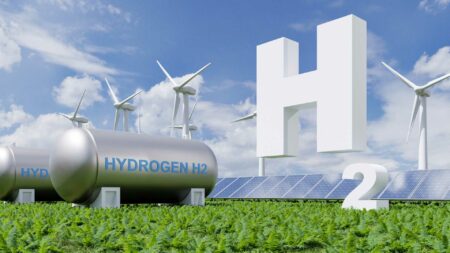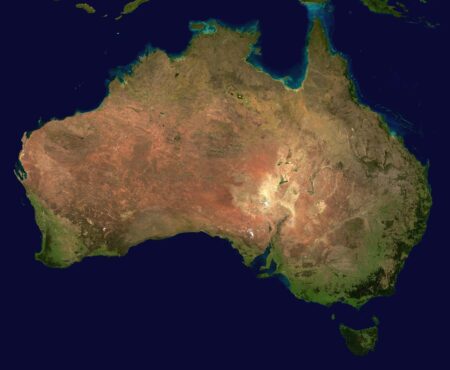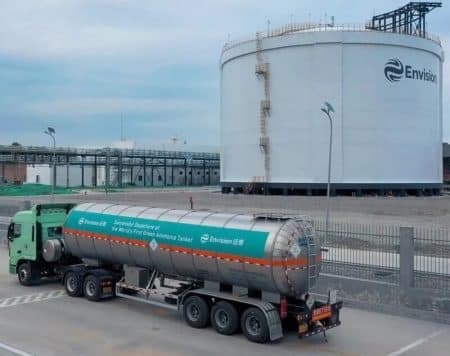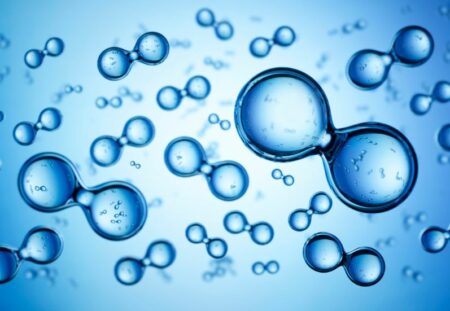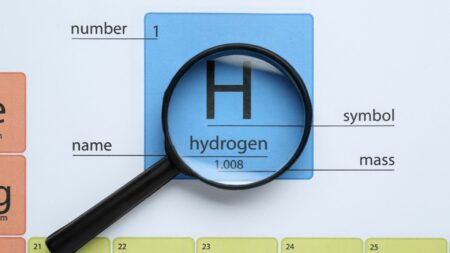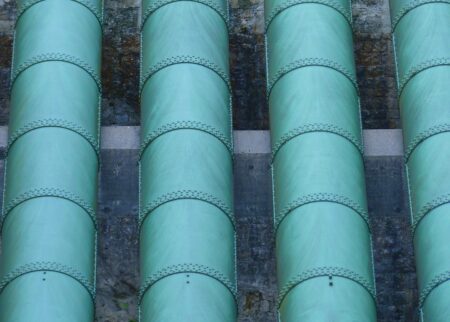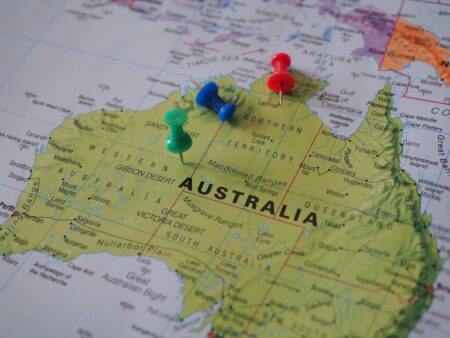Malaysia has announced two major clean energy projects — a Hybrid Hydro Floating Solar (HHFS) installation and a Green Hydrogen Hub — in a strategic bid to accelerate the nation’s shift to a low-carbon economy.
Browsing: Pacific
As Australia eyes 15 to 30 million tonnes of annual green hydrogen production by 2050, a looming resource bottleneck threatens to undercut its export ambitions: water.
Envision has commissioned what it claims is the world’s largest and most advanced green ammonia production facility.
Nepal’s state-run oil monopoly, Nepal Oil Corporation (NOC), is preparing to enter the hydrogen economy by producing green hydrogen from its abundant hydropower resources—marking a notable shift for a country that relies heavily on imported fossil fuels for transport and cooking.
The proposed Tiwi Hydrogen Project—once a high-profile 2.4 GW green hydrogen export initiative off Australia’s Northern Territory coast—has been formally withdrawn from federal environmental review, marking the end of a venture that once held “major project” status in Australia’s energy transition strategy.
As South Korea intensifies efforts to decarbonize hard-to-abate sectors and reduce reliance on imported fossil fuels, a new partnership between U.S.-based Utility and Korean engineering firm Kunwha E&C aims to commercialize local, biogas-to-hydrogen solutions.
With regulatory approval secured from the Inner Mongolia Energy Bureau, China has officially authorized the development of its first inter-provincial green hydrogen pipeline—a 400km conduit that will deliver 100,000 tonnes of green hydrogen annually from Ulanqab in Inner Mongolia to Sinopec’s Yanshan petrochemical facility in Beijing.
As Australia’s hydrogen ambitions face mounting headwinds, the federal government has committed A$432 million (US$283.82 million) to support the Hunter Valley Hydrogen Hub, a project led by Orica, the world’s largest explosives manufacturer.
Indonesia has unveiled plans for a US$10 billion green hydrogen and desalination mega-project—its largest sustainable infrastructure collaboration to date—through a partnership involving Saudi-based ACWA Power, state energy firm PT Pertamina, and state investment agency BPI Danantara.
Despite a 15 percent year‑on‑year increase to just over 100,000 fuel cell vehicles (FCEVs) worldwide in 2024, global adoption remains less…

